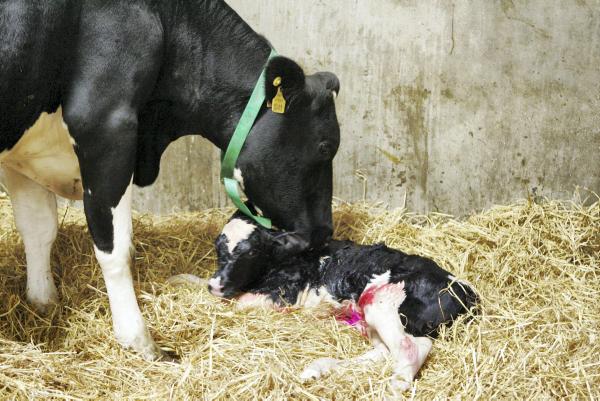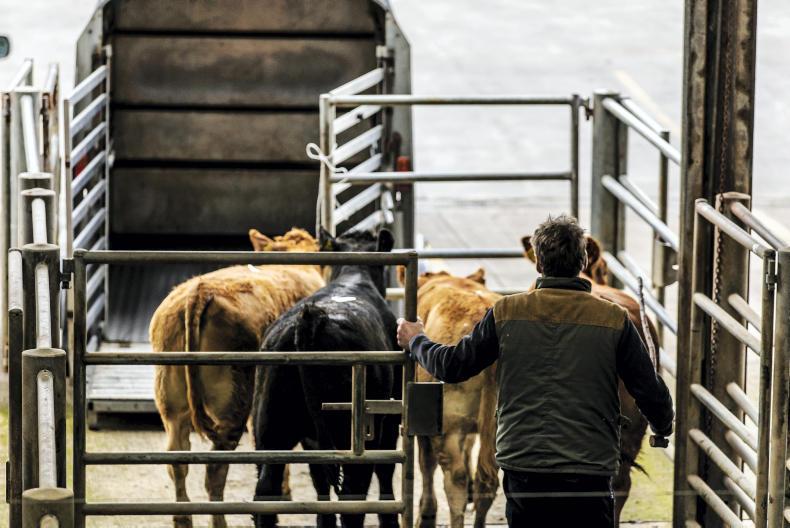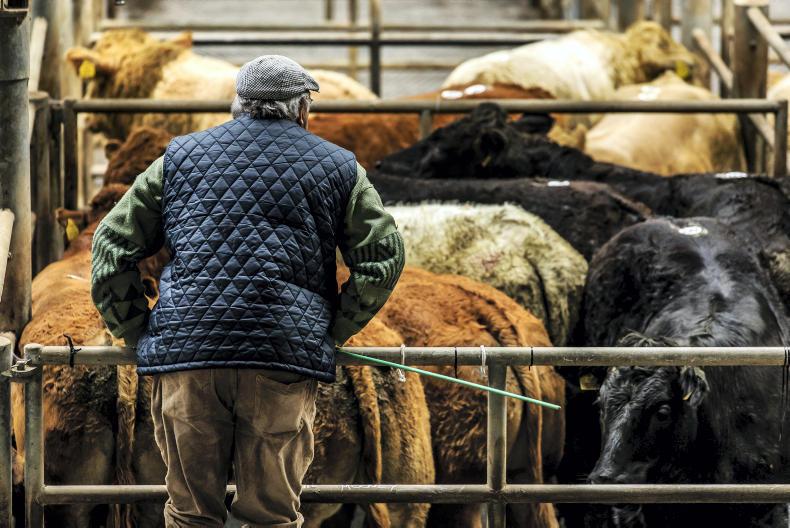In our practice, we have diagnosed salmonellosis as the cause of abortion on farms in recent weeks. Unfortunately, this pattern is repeated annually.
Salmonellosis is caused by a bacterium, mostly salmonella dublin in Ireland. Salmonella is transmitted mainly by animals ingesting feed or water contaminated by the faeces of infected animals. Most infected animals do not display clinical symptoms of illness, but act as carriers, shedding bacteria in their faeces for up to 10 weeks.
It should also be noted that salmonella causes illness in humans, mostly gastroenteritis.
Disease basically needs two things – a susceptible animal and adequate contact with this animal or herd.
Therefore, to control the impact of disease at animal or herd level, focusing on improving animal/herd immunity and reducing contact with disease agents form the building blocks of your health plan.
Any animal that aborts or displays any symptoms of illness should be isolated from other animals, for their individual wellbeing and to protect the rest of the herd, ie reducing contact/exposure.
General hygiene in sheds, avoiding faecal contamination of feed and cleaning out water troughs regularly will also reduce potential for disease spread.
Often, we get called when more than one animal has aborted. The pattern often follows that one animal aborted last week, and two or more aborted this week. That delay of one week causes great stress on a farmer and, with seasonal calving, these cows are usually lost from the milking herd, so isolation and investigation by your vet, in conjunction with the regional veterinary laboratory, is highly recommended.
To reduce the susceptibility of pregnant animals to disease, take simple steps to reduce stress, such as avoiding mixing animals, overcrowding, grouping cows according to age, stage of pregnancy etc.
Adequate feeding space will reduce competition for feed (two and a half feet of feeding space is recommended for pregnant cows).
Ensure cows have a diet that meets their requirements, with appropriate precalver minerals to address any trace element deficiencies.
Liver fluke and salmonella help each other and together cause even greater problems, so dosing pregnant animals properly is vital.
Lastly, vaccination of pregnant animals increases their immunity and also reduces the number of potential carrier/shedder animals. Vaccination timing is critical – having animals protected before the risk period will give you best return on investment. Consult your local vet about what’s best for you and your herd.
*Jerry Crowley works at Glenbower Veterinary Group, Killeagh, Co Cork. Glenbower Veterinary Group is part of XLVets. XLVets is a group of progressive practices who are working together to achieve a better future for agriculture and veterinary in Ireland. For information, see www.xlvets.ie










SHARING OPTIONS